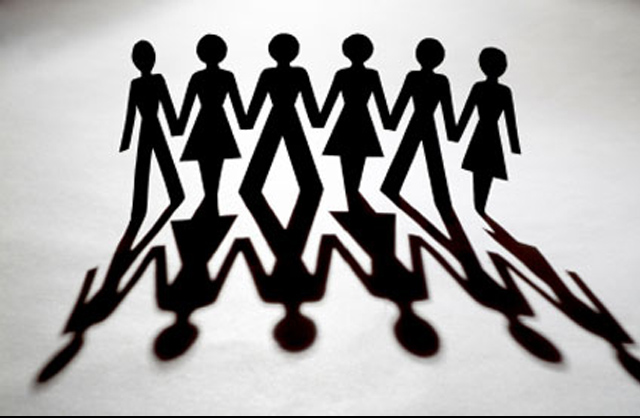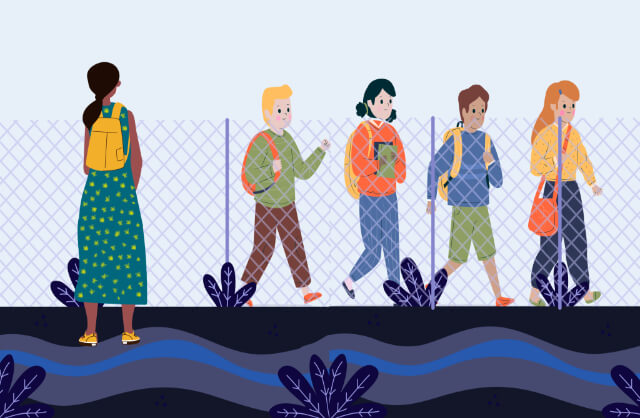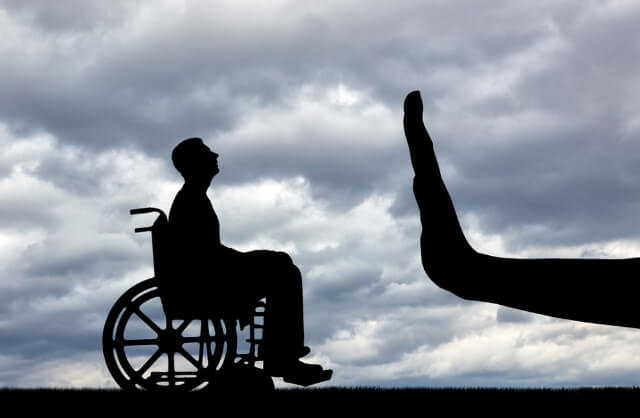Recommendations to Macedonia regarding violations of political and civil rights
July 24, 2015

According to the concluding observations of the Committee on Human Rights of the United Nations, it is obvious that the country experiences decline in the area of exertion and protection of human rights. The Committee managed to identify most of the problems confronting the citizens, but also the migrants and refugees, which obstruct the exercising of the rights and freedoms guaranteed by the Constitution and some important international documents, especially the International Covenant on Civil and Political Rights. The Committee underlines the restrictions of some basic freedoms and rights and their inefficient protection, especially in the sphere of freedom of expression and association; excessive use of force by the Police during the protests which took place on the 5th of May; mass following of communication, with which the right to privacy is violated; discrimination on the basis of sexual orientation and gender identity; procedural obstacles regarding voluntary termination of pregnancy; the fact that some Roma people are denied their right to leave the country; the conditions facing the migrants and asylum seekers.
Neda Chalovska of the Helsinki Committee underlined the concerns regarding the restrictions of freedom of expression in the country, the Government’s unequal distribution of finances among the media houses, the absence of independence of the Agency for Audio and Audiovisual Services, as well as the concerns regarding the eavesdropping of journalists, detention of journalists (the Kezharovski case), their intimidation, and use of force against journalists. In this respect, the Committee recommends that all conditions for practicing of freedom of expression should be secured, and that the journalists should be ensured proper protection from intimidation, threats and violence.
With regard to freedom of expression, but also violations of the right to privacy, the Committee underlines the mass wiretapping, and recommends undertaking of urgent measures which will ensure certainty that every interference in the right to privacy will be in accordance with the principles of legality, proportionality and necessity. Also, it is recommended that the state should provide relevant information to the persons who were illegally followed, so that they would be able to initiate appropriate procedures for determining the violations of their rights.
The Committee points out that the right to free assembly has also been violated, due to the use of excessive force by the Police during the protests which took place on the 5th of May in front of the building of the Government of the Republic of Macedonia. Therefore it recommends that the authorities should carefully investigate all cases of violence against journalists and demonstrators. With regard to the detained demonstrators, the Committee recommends that in the future, in similar cases, other methods of securing the defendants’ presence should be used, because those persons do not present any threat to public security, added Chalovska. In the area of freedom of movement, the Committee expresses its concern about the restriction of the citizens’ right to leave the country, as is especially the case with members of the Roma ethnic community. The Committee recommends that the state should respect Article 12 of the Covenant, where it is stated that each and every persons has the right to leave any country, including his or her own.
The Committee on Human Rights is the third UN Committee which, after the adoption of the Law on Prevention and Protection Against Discrimination, has expressed its concern about the human rights conditions of the LGBTI people in the Republic of Macedonia, and about the lack of proper protection against discrimination on the basis of sexual orientation and gender identity.
The Committee is worried about the predominant existence of prejudices and stereotypes against the LGBTI people, and in its observations especially emphasizes the problem of violence against the LGBTI people and the lack of efficient investigation and pressing charges.
Natasha Boshkova of the Coalition for Sexual and Health Rights of the Marginalized Communities underlined that during the dialogue with the Macedonian Delegation in Geneva, the state failed to offer tangible answers regarding the problems of hate crimes perpetrated against the LGBTI people, hate speech and attacks against the LGBTI Center for Support, as well as against the LGBTI rights activists. On account of this, the Committee gives recommendation to the state to amend the Law on Prevention and Protection Against Discrimination with an explicit prohibition of discrimination on the basis of sexual orientation and gender identity. According to the Committee, the state must enhance its efforts in the struggle against stereotypes and prejudices directed agains the LGBTI people, as well as to sanction every violence based on sexual orientation and gender identity.
Of special importance is the fact that the Committee also emphasized the problem with the increased number of children who abuse drugs and the shortage of adequate programs for treatment and rehabilitation, and recommended that the state should provide the necessary programs for all children, ads Boshkova.
Drashko Kostovski of H. E. R. A. underlined that the Committee had asked for enhanced efforts in the field of inclusion of women on executive positions, as well as for measures that would ensure equalization of the salaries of men and women, i.e. elimination of gender stereotypes.
Since 2009, the public, the Non-Governmental Organizations, and the expert medical workers have pointed out on several occasions that the campaign against abortion need to be stopped. Protests were held against the new Law on Abortion from 2013, with which were introduced compulsory application, compulsory waiting period and compulsory counseling, which is not in accordance with the recommendations of the World Health Organization. The field work showed in no time that these amendments contribute to inhumane treatment of women and even endanger their lives, emphasized Kostovski. The Committee perceived these lapses and appealed to the Republic of Macedonia “to avoid effectuation of any kind of campaigns which stigmatize those who entertain their right to abortion. It should undertake concrete measures, including amending the Law on Termination of Pregnancy, in order to eliminate all obstacles which may contribute to women’s decision to seek illegal abortions which will put their lives and health to risk.”
Taking in consideration the gravity of the human rights violations, enacted through massive wiretapping, restriction of the citizens’ freedom of movement, especially when it comes to the members of the Roma ethnic community, and human trafficking, the Republic of Macedonia was asked to inform the Committee within one year about the measures undertaken in order to implement the recommendations offered in this area.
On account of all this, we appeal to the Government of the Republic of Macedonia to respect the International Covenant and to undertake urgent measures for implementation of the recommendations of the Committee regarding human rights and promotion and protection of civil and political rights.


